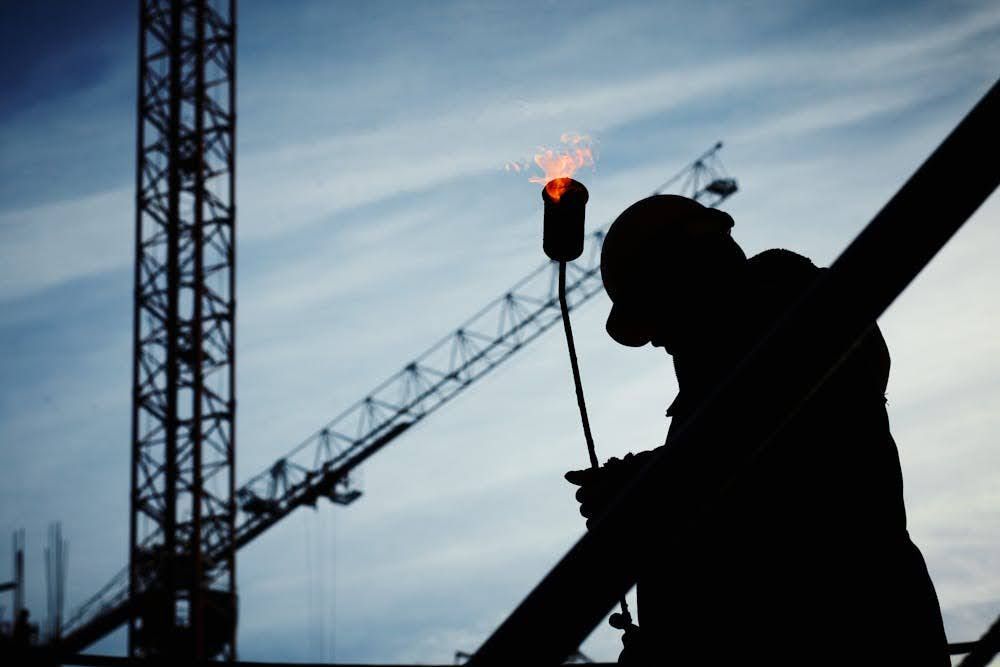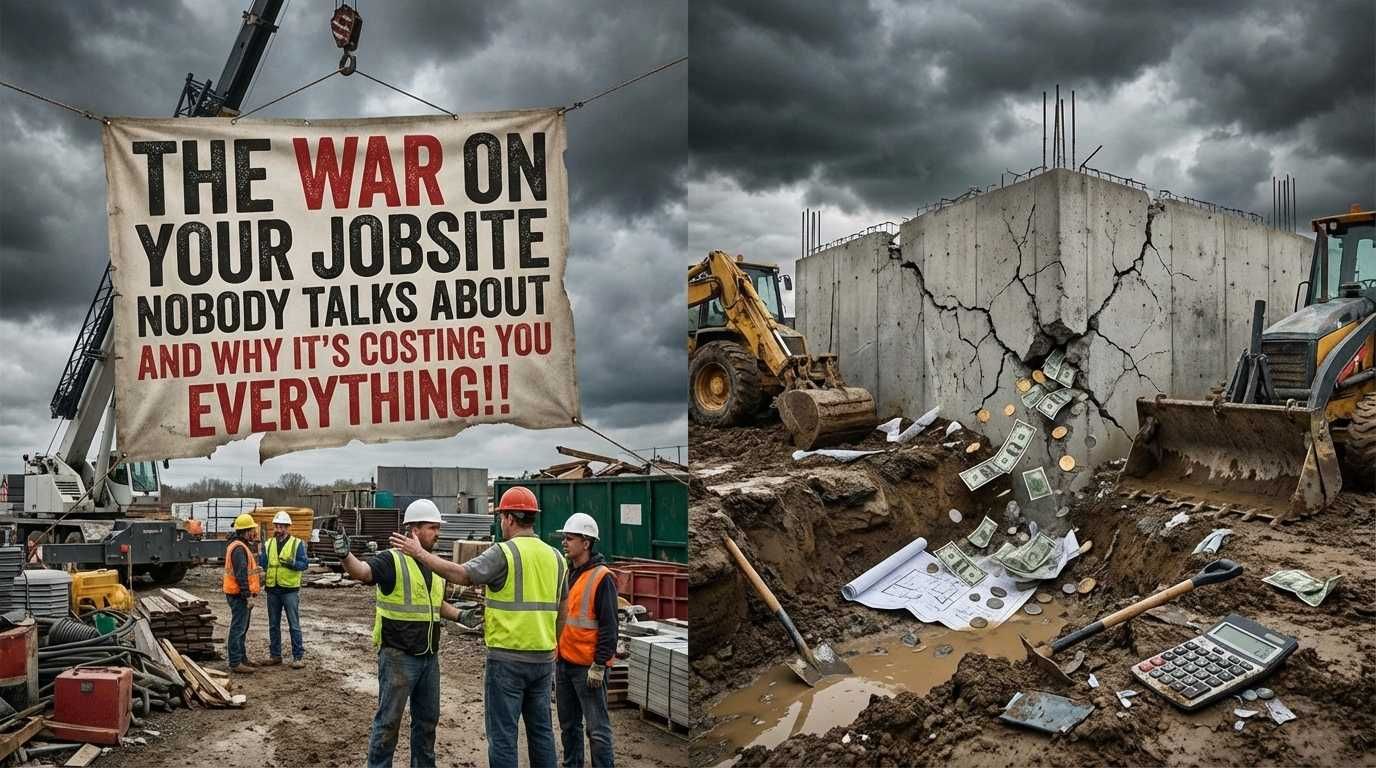Where to Hire Construction Workers: Your Guide to Reliable, Skilled Labor
Getting the right crew on your job site can make or break a project. It’s not just about muscle, it’s about precision, dependability, and the ability to problem-solve when plans shift, as they often do.
So when you’re figuring out where to hire construction workers, you're deciding who you're trusting with your timeline, your budget, and your reputation.
Start With Clarity, Not Urgency
One of the biggest mistakes contractors make is rushing the hiring process out of desperation, when in fact, construction hiring and talent retention should be approached strategically and with long-term goals in mind.
A project gets greenlit, the clock starts ticking, and suddenly, anyone with a hard hat looks like the right fit. But skilled labor is about who can show up, think critically, and collaborate on a real-world jobsite.
Before looking outward, take stock internally. Do you need general laborers, specialists like finish carpenters, or certified equipment operators? Are you staffing up for a short-term project or building out a long-term crew?
Getting clear on what you need will help you filter out what you don’t, and avoid the cost of bad hires.
Where Quality Workers Are
Let’s be honest, job boards are hit or miss. You might get 100 applications and only two are worth a callback. And while referrals can be gold, they often come with a bias: “He’s my cousin’s guy, and he’s solid” doesn’t exactly count as a background check.

So, when and where to hire construction workers reliably? More and more project managers are turning to staffing partners that specialize in the skilled trades. The benefit isn’t just faster sourcing; it’s that someone else has already vetted each worker for job readiness, safety standards, and site professionalism.
You’re not just hiring a pair of hands; you’re bringing on a teammate who can hit the ground running.
Also worth considering: apprenticeship programs and trade schools. They’re packed with up-and-coming talent eager to learn, and often trained on the latest tools and techniques.
Sure, it may take some one-on-one coaching and mentoring up front, but the long-term payoff is loyalty, adaptability, and a crew you can count on.
Don’t Forget Culture — It Matters
Construction might be about steel and concrete, but people are still the foundation. Bringing in folks who don’t mesh with your site culture, whether that’s work ethic, communication style, or safety-first mindset, can derail progress just as fast as a busted generator.
Hiring well means thinking beyond just resumes. Attracting and keeping top talent in the field should be a core part of your growth strategy. Sometimes the best fit is the one who shows up on time, takes feedback, and doesn’t ghost mid-project.
The Smart Move? Choose a Partner Who Gets It
Knowing where to hire construction workers is only half the battle; the real advantage comes from working with a team that understands your industry, your standards, and your deadlines.
That’s where Pro-Accel comes in. We don’t just fill roles, we connect you with reliable, skilled professionals who are ready to work, thrive on accountability, and fit your project’s pace.
To support that, we’ve also put together a free eBook on leadership in construction, because the right hires need the right guidance!
When labor counts, count on us. Contact us today to get a free quote!




